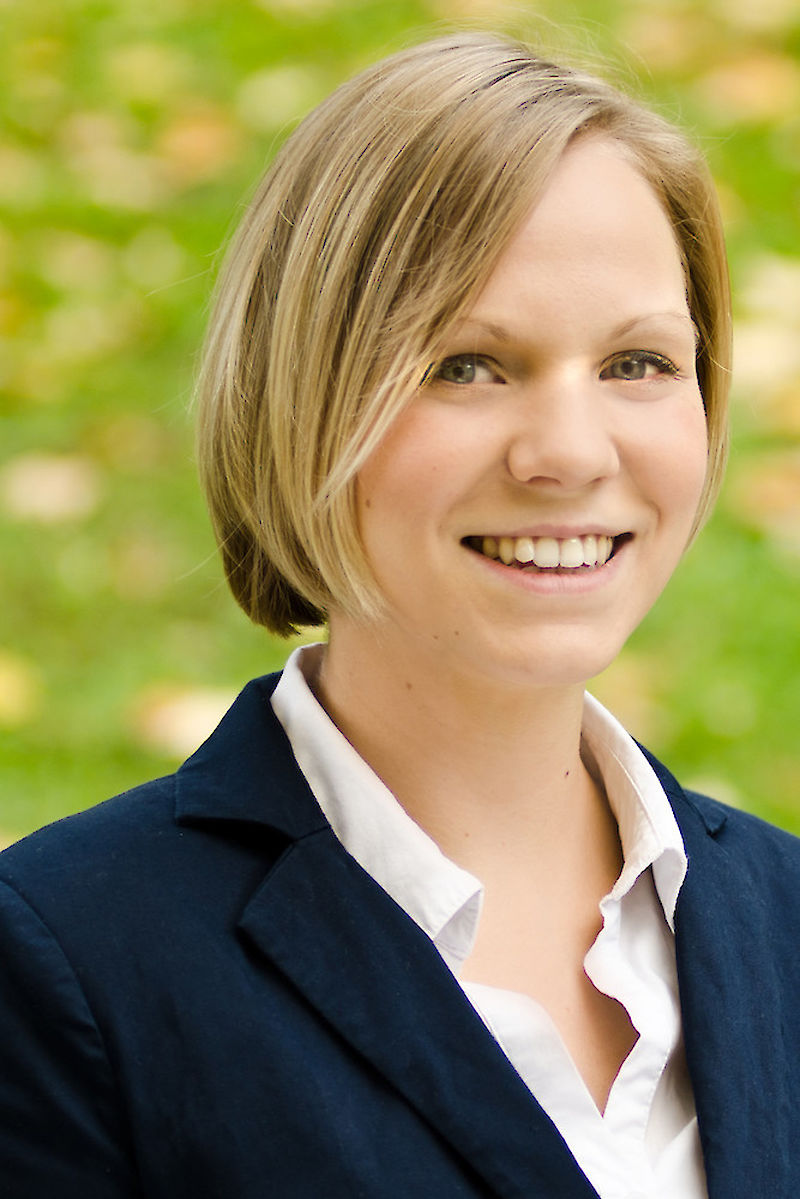Halle students conduct research in Oxford

“Halox” is a term used to describe the informal cooperation between the universities of Halle and Oxford. From the outset, the idea was also to engage in joint projects and give students the opportunity to spend extended research stays at the other university. This recently became a reality for three young researchers from Halle – a medical student and two biochemists – when they took the plunge and relocated to the prestigious British university in mid-2015. “It was fantastic, but also a lot of hard work,” says Marion Bermúdez-Sasso of her three-month stay in Oxford. She says she gained a lot of theoretical and practical knowledge, particularly about her own research focus, new methods of DNA analysis, so called next-generation sequencing.
For biochemistry student Michaela Reissland it was the first research stay outside of Germany. “Oxford is very impressive, and a beautiful city,” she says. She found her own post in the Department of Oncology, where she conducted experiments with human cell cultures. “I was already familiar with the methods, but I had only worked with plant cell cultures up until then,” says Michaela Reissland, who is in the second year of her Master’s degree.
Sandra Grund went to the UK immediately after completing her Master’s at the Institute of Physiological Chemistry. Her six-month stay will run until spring 2016. She is conducting her research under the guidance of Eric O'Neill whose lecture she attended in Halle. His research focus is on the molecular details of signal processing in cancer cells. Despite the British university’s elite status, Sandra Grund says that daily laboratory life in Oxford is not so different to that in Germany. “And my colleagues are totally normal,” she adds with a laugh.
All the research stays were supported by grants from the Faculty of Medicine, Saxony-Anhalt’s Ministry of Science, the EU’s Erasmus exchange programme, or the journal “Cell Communicationand Signaling” whose editor-in-chief is Stephan Feller. “The research stays do not just lead to new contacts; they also generate a flow of information. We have already approved a grant for a three-month stay, and one for a six-month stay in 2016, and there are more applicants waiting,” says Feller. The international lecture series will be held again in Halle in 2016.

